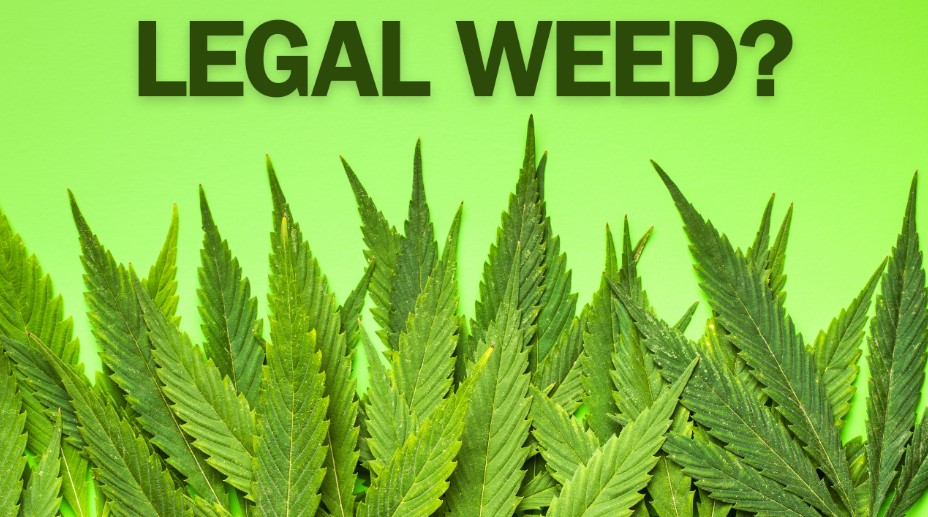
As the cannabis industry continues to evolve, so too does the regulatory environment surrounding it. One of the newer entrants to the scene is THCa flower, often referred to as “Happy Flower” at Curative Hemp. This product often prompts questions about its legality. THCa, or tetrahydrocannabinolic acid, is a non-psychoactive precursor to THC found in fresh cannabis plants. When heated, THCa converts into THC, the compound known for its psychoactive effects. This transformation is central to understanding both the use and the legal standing of THCa flower.
What is THCa Flower?
THCa flower, or “Happy Flower” as we like to call it at Curative Hemp, refers to raw cannabis buds that have not been decarboxylated, meaning they have not been exposed to heat that converts THCa into THC. This is an important distinction because it affects how the law views and regulates these products. THCa itself does not cause psychoactive effects, but its potential conversion to THC has implications for its legal status.
Federal Laws and THCa
In the United States, the legal framework for cannabis is governed largely by the 2018 Farm Bill, which legalized hemp by defining it as any cannabis plant containing less than 0.3% Delta-9 THC. Because THCa is not Delta-9 THC, hemp-derived THCa flower technically falls within this legal definition, making it federally legal. However, the complication arises when considering the potential for THCa to convert into THC, which can raise legal questions depending on how the product is used.
State Regulations
While federally legal, the state-level legality of THCa flower can vary significantly. Some states have explicitly regulated or banned the sale of THCa products due to the psychoactive potential of THC post-decarboxylation. It’s crucial for consumers and businesses to be aware of the specific laws in their state, which can differ widely and are subject to change as state legislatures address new cannabis-related issues. For information on state cannabis laws, the National Conference of State Legislatures (NCSL) provides a valuable resource.
Legal Challenges and Considerations
The evolving landscape of cannabis laws means that THCa flower often finds itself at the center of legal debates and challenges. For instance, some states might treat THCa under the same rules that apply to THC if there is an intention to convert it into a psychoactive form. This legal ambiguity requires stakeholders in the cannabis industry to stay continually informed and compliant with the latest regulations.
Impact on Drug Testing
One of the practical considerations for users of THCa flower, especially when referred to as “Happy Flower,” is its impact on drug tests. Though THCa is not psychoactive, the conversion to THC can occur, potentially leading to positive drug tests. This is particularly relevant for individuals in jobs that require regular drug screening. More details on how cannabis affects drug tests can be found at the Substance Abuse and Mental Health Services Administration (SAMHSA).
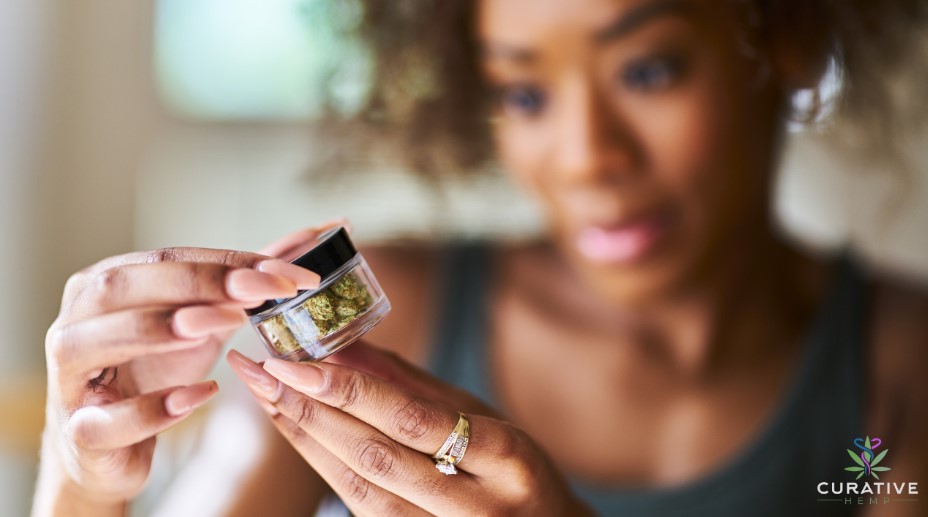
Conclusion
The legality of THCa flower, or “Happy Flower,” is complex and varies by jurisdiction. While it is federally legal as a hemp product, state laws can impose stricter regulations. Consumers and businesses must navigate these waters carefully, ensuring compliance with all applicable laws. As the cannabis industry grows and evolves, so too will the legal landscape around products like THCa flower. It’s essential for those involved with or interested in THCa flower to stay informed and engage with ongoing legal discussions.
Staying Updated
For anyone interested in using or doing business with “Happy Flower,” keeping up-to-date with legal changes is crucial. Consulting with legal experts and following industry news can help mitigate risks and ensure that your dealings with THCa flower are both safe and legal.
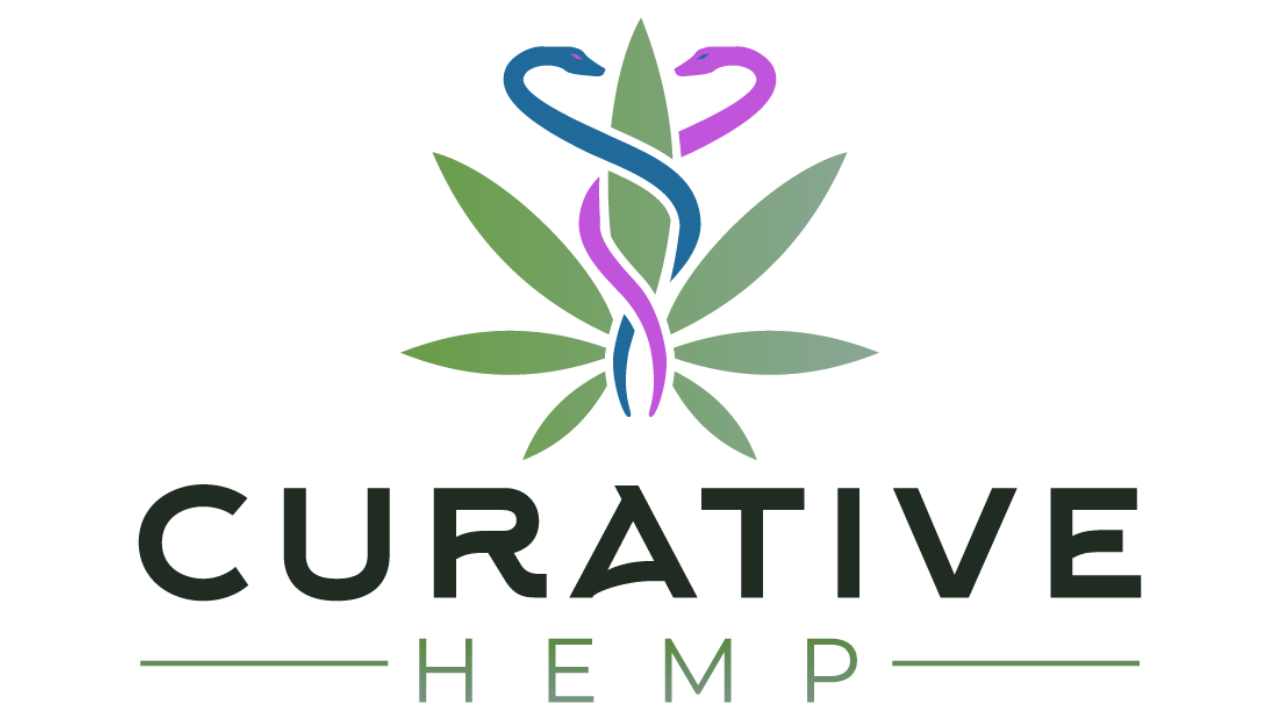


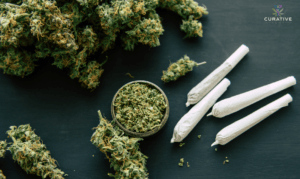


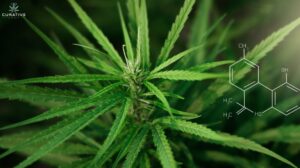

Add comment